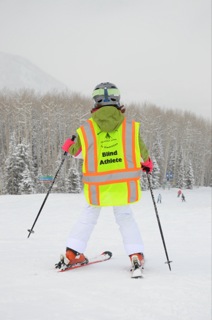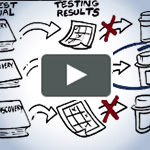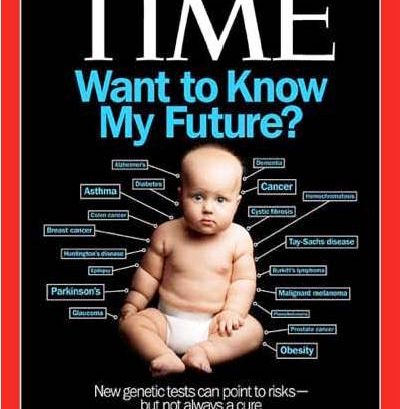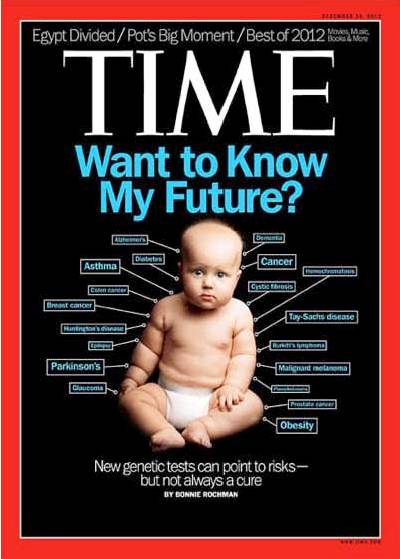AUSTIN, TEXAS (February, 2013) The Batten Disease Support and Research Association (BDSRA) and Beyond Batten Disease Foundation (BBDF), working together in close partnership with more than 20 other nonprofits around the world, today announced grants totaling almost $1 million for research to develop treatments and a cure for Batten disease.
Batten disease is a rare and fatal neurodegenerative disorder that strikes infants, children and adults. There is no known treatment or cure. Those born to parents who carry gene mutations for Batten disease are at risk to inherit the condition which can cause vision loss and seizures, progressively impairs cognitive and motor capacities, and ultimately results in death.
Funding for research has been challenging due to the rare nature of the disease. The 2013 grants represent the largest Batten disease research collaboration to date. The new grants will support nine high-value projects at universities and institutes in the United States, Great Britain, Germany, Israel and New Zealand. The goals of these projects include:
Organizations pooling their funds for the nearly $1 million in grants include BDSRA, BBDF, Hope for Bridget, Blake’s Purpose, Our Promise to Nicholas, Fight for Nicholas, Biomarin, LLC, and Noah’s Hope – all based in the United States – along with Germany’s NCL-Stiftung and the United Kingdom’s Batten Disease Family Association. Together these organizations are funding basic discovery to identify drug targets, translate those discoveries into treatment, and prepare for clinical trial success. Expanding, improving and connecting registries will result in the world’s largest, clinically and genetically best characterized set of Batten disease patients. Exploring multiple approaches to identify biomarkers capable of measuring the efficacy of potential drugs for treating Batten disease will ensure clinical trial success.
“We are so proud of the accomplishments of all the organizations and dedicated scientists involved in this unprecedented, international effort to identify and fund research for curing this devastating disease,” said Margie Frazier, PhD, executive director of the BDSRA. “This is a great example of the whole being so much greater than the sum of its parts.”
The world’s leading Batten disease nonprofit organizations are uniting to pool funds and expertise to evaluate grant proposals based on a state-of-the-art scientific merit review process that reflects the highest standards associated with the U.S. National Institutes of Health, the European Research Council and industry-standard drug discovery processes.
“We’ve crossed a major milestone in the fight against Batten disease,” said Craig Benson, founder and CEO of Beyond Batten Disease Foundation. “Through this type of global collaboration, we can take an even more strategic approach and apply both greater rigor and resources to our work, ensuring that the most important research to treat and cure this horrific illness gets funded.”
The newly funded work will be completed at University of Texas Southwestern Medical Center, Yale University, University of Iowa and University of Medicine and Dentistry in the US; Weizmann Institute of Science in Israel; King’s College London in the United Kingdom; University Medical Center Hamburg-Eppendorf in Germany; and Lincoln University in New Zealand.
Other nonprofits joining Batten Disease Support and Research Association and Beyond Batten Disease Foundation in the fight against Batten Disease include: Catherine’s Hope for a Cure, Drew’s Hope, Hayden’s Hope, Luke and Rachel Batten Foundation, Mary Payton’s Miracle Foundation, Melissa Froio Foundation, Partnering for Cures and Taylor’s Tale in the US; Jasper Against Batten in the US and Netherlands; Beat Batten! in the Netherlands; Bee for Batten’s in Ireland; ContactPuntNCL in Belgium; NCL-Gruppe Deutschland in Germany; and Norsk Spielmeyer-Vogt Forening in Norway.
About The Batten Disease Support and Research Association
The Batten Disease Support and Research Association is the major support and research organization in North America for families who have children with the disease. Founded in 1987, the association promotes and funds research nationally and internationally, provides family services and advocacy, fosters awareness and education with the scientific, medical and caregiving community, and coordinates networks for diagnosis, medical referrals, genetic testing, and counseling. The first research grant from BDSRA was awarded in 1992 and, since then, more than $6 million in funding has been awarded. BDSRA is the largest source of private funding for family support and research into the disease. For more information, visit www.bdsra.org.
About Beyond Batten Disease Foundation
Beyond Batten Disease Foundation works to cure and prevent juvenile Batten disease, a rare, inherited neurological disorder that strikes young children; first causing vision loss and seizures, then cognitive and motor impairment, and ultimately, death by the late teens or 20s. The foundation raises funds for research, and is leading the development of an easy, inexpensive, groundbreaking blood test to detect gene mutations that cause Batten disease as well as 600 other rare, serious and often fatal, childhood ailments. For more information, visit www.beyondbatten.org.
# # #
Contact:
Danielle M Kerkovich, PhD
Scientific Officer | Batten Disease Support and Research Association
Principal Scientist | Beyond Batten Disease Foundation
info@beyondbatten.org
202-812-6462
www.bdsra.org
www.beyondbatten.org






